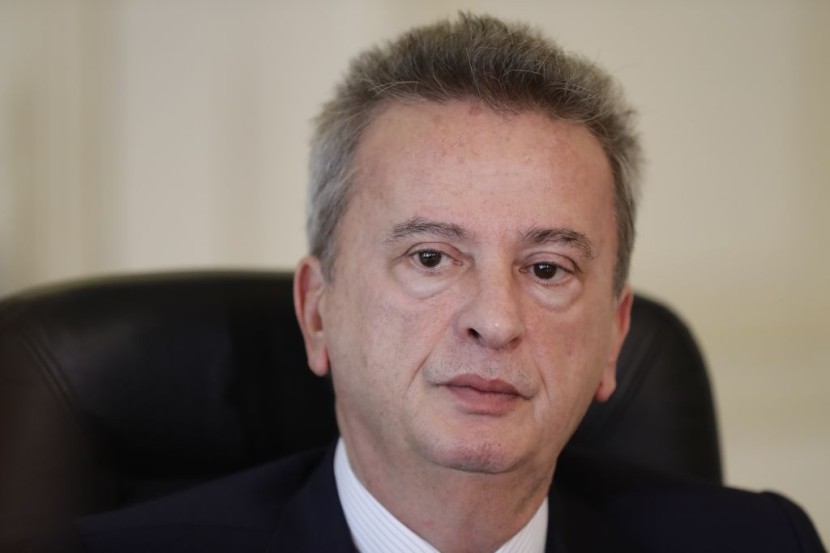
Lebanese Central Bank Gov. Riad Salameh steps down from his post on Monday amid sharp criticism and accusations that he is responsible for the country's economic collapse.
The official's 30-year tenure ended with many sharply criticizing the legacy that he now leaves behind. During an interview on Monday, former vice governor of the Banque du Liban (BDL), Nasser Saidi, said that Salameh's legacy would include the loss of savings for several generations of the Lebanese people.
Lebanese Central Bank Governor Steps Down
The Mediterranean has not found an official successor to Salameh, the Central Bank governor since 1993, and has worked under 12 prime ministers and recurring political instability.
Following Salameh's resignation from the role of Central Bank governor, his deputy governor, Wassim Mansouri, will take his place as interim. Salameh was first put into the position in 1992 by Lebanon's first prime minister, Rafik Hariri. It was a decision to try and rebuild the nation's post-war economy and banking sector, as per CNBC.
However, under Salameh's leadership of the Central Bank, Lebanon veered deeper into an economic crisis of epic proportions.
The situation included foreign reserves falling below $10 billion, the country's currency depreciating by nearly 100% in value against the dollar, and the governor himself receiving the blame for the collapse of the country's financial system that suffered an estimated loss of $70 billion.
The World Bank blamed Lebanon's political elite in 2022 for a "Ponzi Finance" scheme, arguing that the depression was made deliberately and was in the making for the past three decades.
Salameh stepping down from his post as governor of the Central Bank also comes amid charges of money laundering, fraud, and embezzling public funds. His attempts to address the economic crisis included offering high-interest rates, attracting deposits and remittances from the vast Lebanese diaspora and wealthy Arabs, and winning accolades, according to Aljazeera.
Saidi noted that it was a time of rapid expansion for the country's banking sector, adding that officials could provide financing for reconstruction and create conditions to attract people back.
Unprecedented Economic Crisis
However, cracks started showing in Salameh's strategy in 2011 as remittances and foreign investment slowed down. Then, protests against the nation's sectarian system resulted in violent clashes between factions. The instability also worsened because of the civil war in neighboring Syria.
This forced Salameh to launch a financial engineering program in 2016 that involved banks offering one-of-a-kind high returns on U.S. dollar deposits to maintain foreign currency reserves. The move bailed out struggling banks.
However, Saidi argued that the Lebanese government or parliament did not approve the move or even the central council of the BDL. He argued that Salameh gave gifts to banks and their shareholders.
Mansouri called on the government to implement a capital control law, a financial restructuring law, and a 2023 state budget within six months. He argues that now is Lebanon's last chance to implement the changes, said Reuters.
Related Article: UK Banks Close Over 1,000 Accounts a Day, But Why?
© 2025 HNGN, All rights reserved. Do not reproduce without permission.








